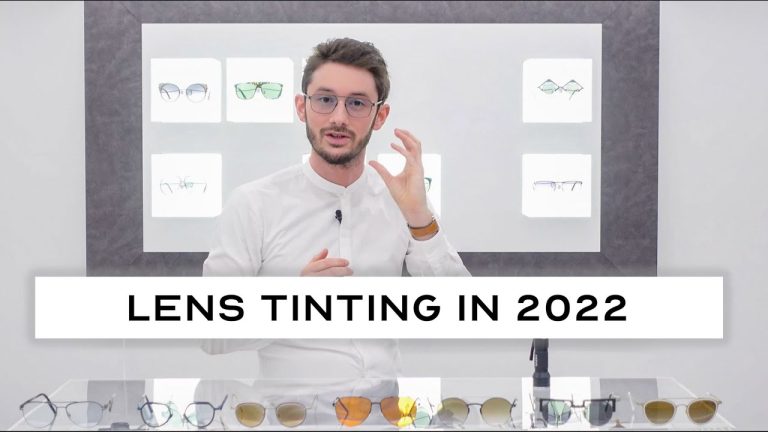See Clearly: The Benefits of Anti-Reflective Lens Sunglasses for Optimal Eye Care
When it comes to purchasing sunglasses, you want to consider not only how stylish they are, but also how well they protect your eyes. One particular type of sunglasses that has gained popularity in recent years are anti-reflective lens sunglasses. These sunglasses have a special coating that reduces the glare and reflection from surfaces such as water, snow, and asphalt, making them a great choice for outdoor activities.
The anti-reflective coating on these sunglasses not only reduces glare, but also helps to improve your visual clarity by allowing more light to pass through the lenses. This can make a big difference in your ability to see clearly while driving, playing sports or engaging in other outdoor activities. Additionally, anti-reflective lens sunglasses can provide better protection for your eyes by reducing the amount of harmful UV radiation that enters your eyes, which can help to prevent eye damage and vision problems over time.
The Benefits of Anti-Reflective Lens Sunglasses
One of the main benefits of anti-reflective lens sunglasses is their ability to reduce glare. Glare can be particularly problematic when driving or participating in outdoor activities, as it can make it difficult to see clearly and can even be blinding at times. By reducing the amount of glare, anti-reflective lens sunglasses can help to improve your visual clarity and overall safety.
Another benefit of these sunglasses is that they can provide better protection for your eyes against harmful UV radiation. Overexposure to UV radiation can cause a variety of issues for your eyes, from temporary discomfort and vision problems to long-term damage and even vision loss. Anti-reflective lens sunglasses can help to reduce the amount of UV radiation that enters your eyes, which can help to prevent these types of issues from occurring.
Choosing the Right Anti-Reflective Lens Sunglasses
When choosing anti-reflective lens sunglasses, there are a few things to keep in mind. First, make sure to choose a pair that provides adequate UV protection. Look for sunglasses that block 100% of UV rays, or at least 95% of UVB rays and 60% of UVA rays. You should also consider the shape and size of the sunglasses, as well as the color and type of the lenses.
Some people prefer polarized lenses, which can reduce glare even further by blocking out horizontal light waves. Others prefer lenses with a particular color tint, such as green, gray or brown, which can provide added contrast and visual clarity. Additionally, you’ll want to make sure that the sunglasses fit well and are comfortable to wear for extended periods of time.
Caring for Your Anti-Reflective Lens Sunglasses
To ensure that your anti-reflective lens sunglasses last as long as possible, it’s important to take good care of them. This includes cleaning them regularly with a microfiber cloth or special lens cleaning solution, and avoiding using harsh chemicals or abrasive materials that can scratch or damage the lenses. You should also store your sunglasses in a protective case when not in use, to prevent them from getting scratched or damaged in transit.
In conclusion
Anti-reflective lens sunglasses are a great choice for anyone who spends time outdoors, particularly in bright and sunny conditions. They can help to improve your visual clarity, reduce glare and provide better protection for your eyes against harmful UV radiation. By choosing the right pair of anti-reflective lens sunglasses and taking good care of them, you can enjoy all of the benefits that they have to offer for years to come.
Contents
Most wanted in Hoya Vision:
What brand lenses does Costco use?
Hoya Lens Engravings
What’s the rarest eye color?
Which lens is better Alcon or Johnson and Johnson?
How to Choose the Right Temple Type for Your Glasses
Hoya Sensity Vs Transitions Xtractive
1.53 Trivex Impact Resistant
What’s the difference between 1.5 and 1.6 lenses?
What lenses do Costco use?
What is the difference between Ray Ban RB and Rx?
















